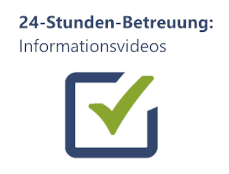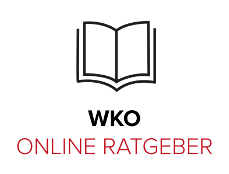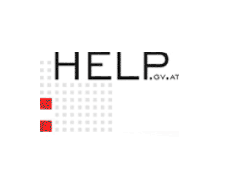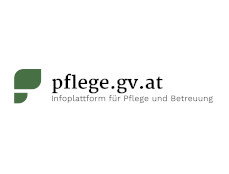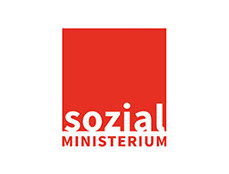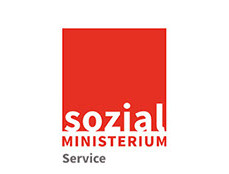Quality assurance
The obligations of independent caregivers
In addition to the measures adopted by ministerial regulation of the "ethical and exercise regulations for caregiving services", a transparent service agreement and comprehensive documentation of the work guarantees high quality independent care services. In this, a written caregiving contract forms the basis for the activities of independent caregivers.
Caregiving contract
All the agreed services to be provided are broken down in detail in the caregiving contract. The caregiving contract also contains mandatory guidelines for everyday activities and emergencies, such as in the event of the deterioration of the condition of the person requiring care.
Guidelines
The guidelines for everyday activities and emergencies describe the functions and duties of the care provider and regulate in detail how caregivers must conduct themselves in the case of the deterioration of the condition of the person requiring care (e.g. notifying family, doctors or facilities, performing first aid measures).
Documentation
Independent caregivers are required to document the services provided in written form and make this documentation available to all those involved in the care and assistance.
Confidentiality
Independent caregivers are obliged to confidentiality in accordance with the ethical and exercise regulations for caregiving services regarding all matters and relationships with family members and the person requiring care entrusted to them or that they become aware of in performing their job.
Running a budget record
In the budget record, all expenditure made by the independent caregiver for the person requiring care and all monies received are recorded. The budget record must be kept with the document collection for a period of two years.
The expenditure groups should include as a minimum the following areas: Rent/operating costs, food, medicines, cleaning supplies, detergent, laundry, clothing, hygiene products, pet supplies, newspapers / magazines / books, furniture, utensils, plants & accessories
Nursing activities
Performing nursing or medical activities requires delegation. Delegation of nursing and medical activities means the transfer of nursing or medical activities to caregivers. In addition to a written order, this also requires guidance and instruction by a healthcare professional.
Requirements
For the purposes of quality assurance, but also for legal protection the following conditions must always be met when delegating medical and nursing activities:
The delegation of nursing and medical activities may only be carried out in individual cases. This means that independent caregivers are allowed to perform the transferred activities only for the person for whom the delegation is made. Nursing and medical activities may be performed only if the independent caregiver is constantly or at least regularly present in the household of the person requiring care for prolonged periods. Independent caregivers may care for a maximum of three people who are related to each other per household. There must be written consent of the person requiring care or family member, or their agent or representative.
There must be a written order concerning the activities from authorised healthcare professionals.
As part of the guidance and instruction, an explicit reference to the possibility of rejection of the assumption of activities by the caregiver must be given.
The person who carries out the instructions and training must make sure that the caregiver has the necessary skills to carry out the activities transferred.
The transfer of nursing and medical activities is limited and ends at the latest with the respective caregiving relationship.





